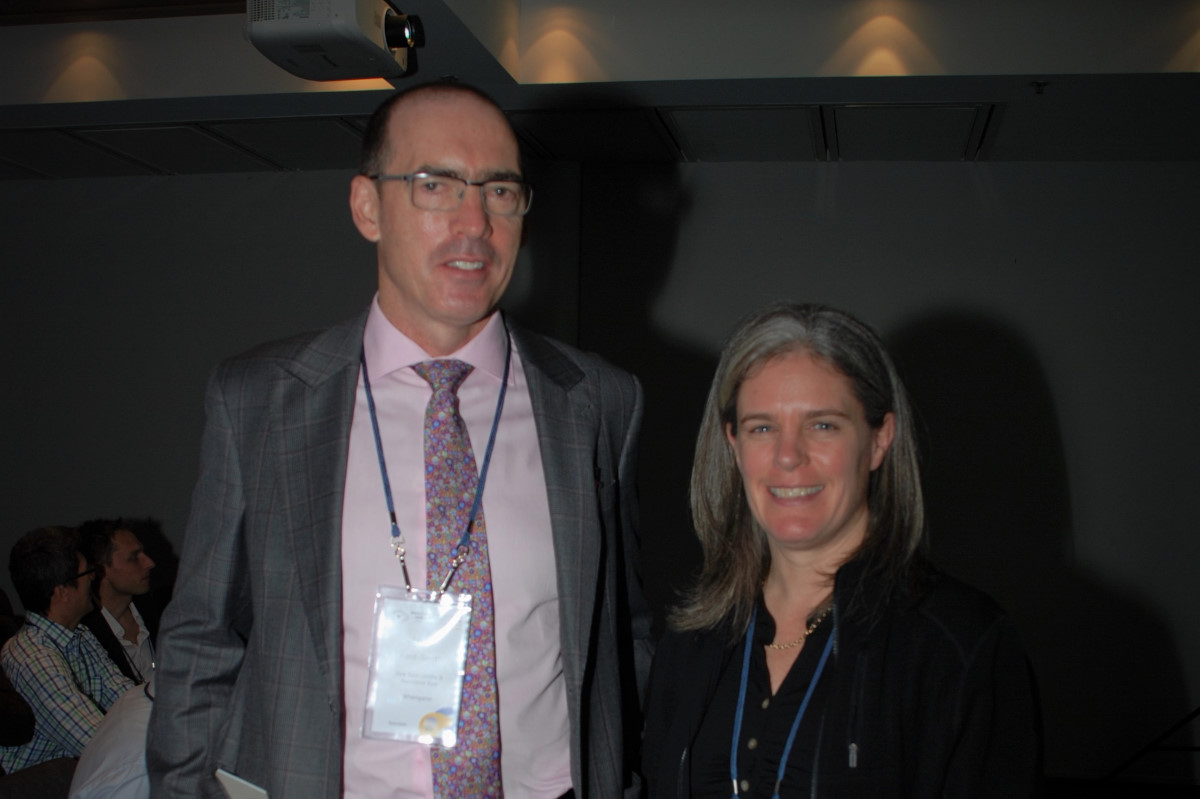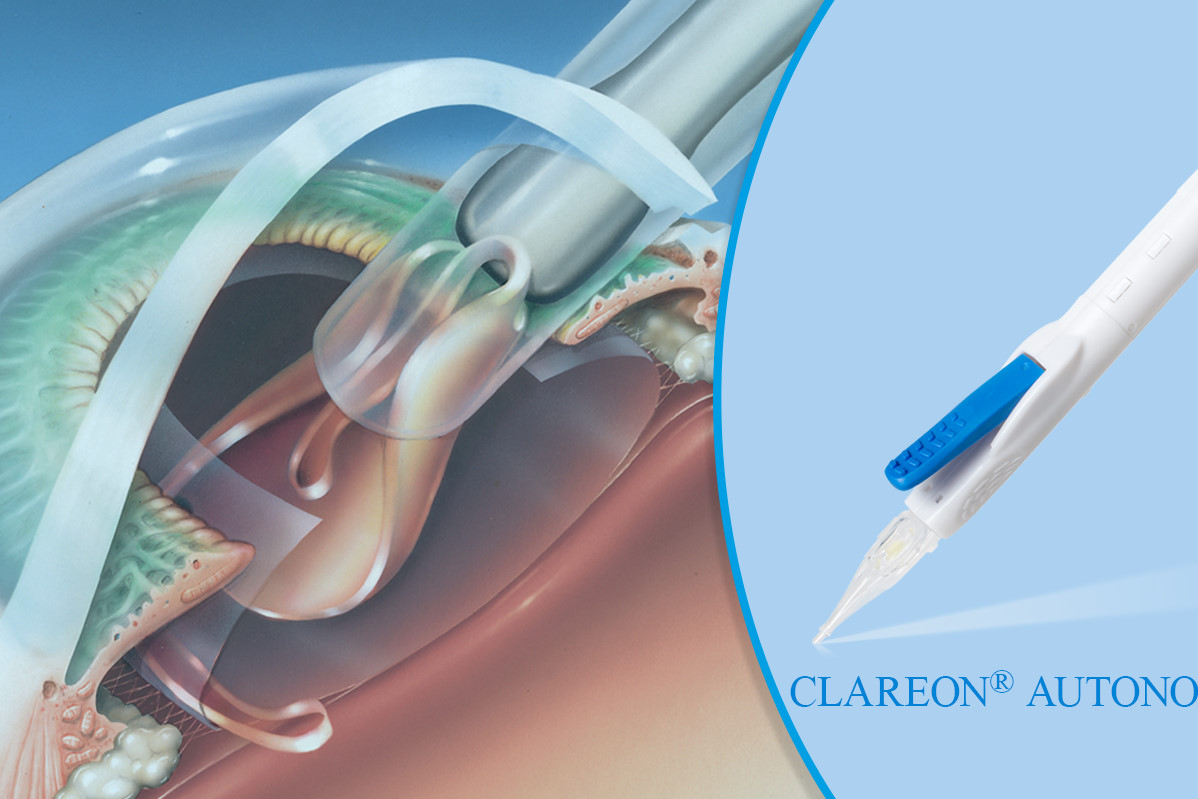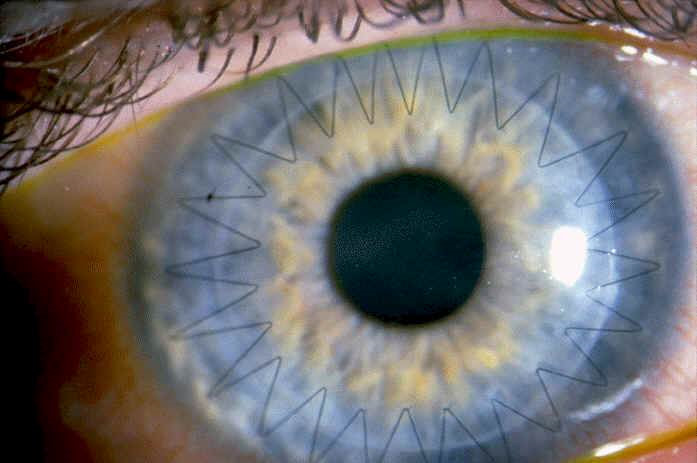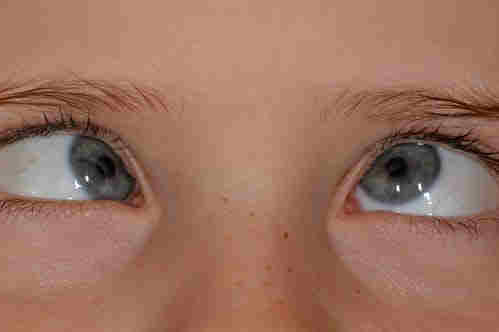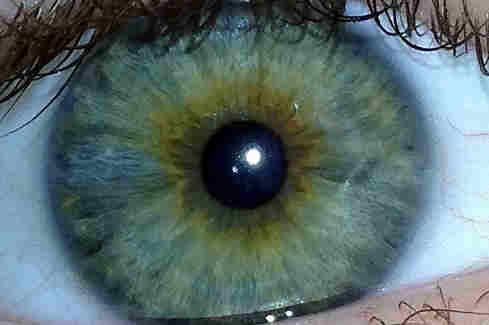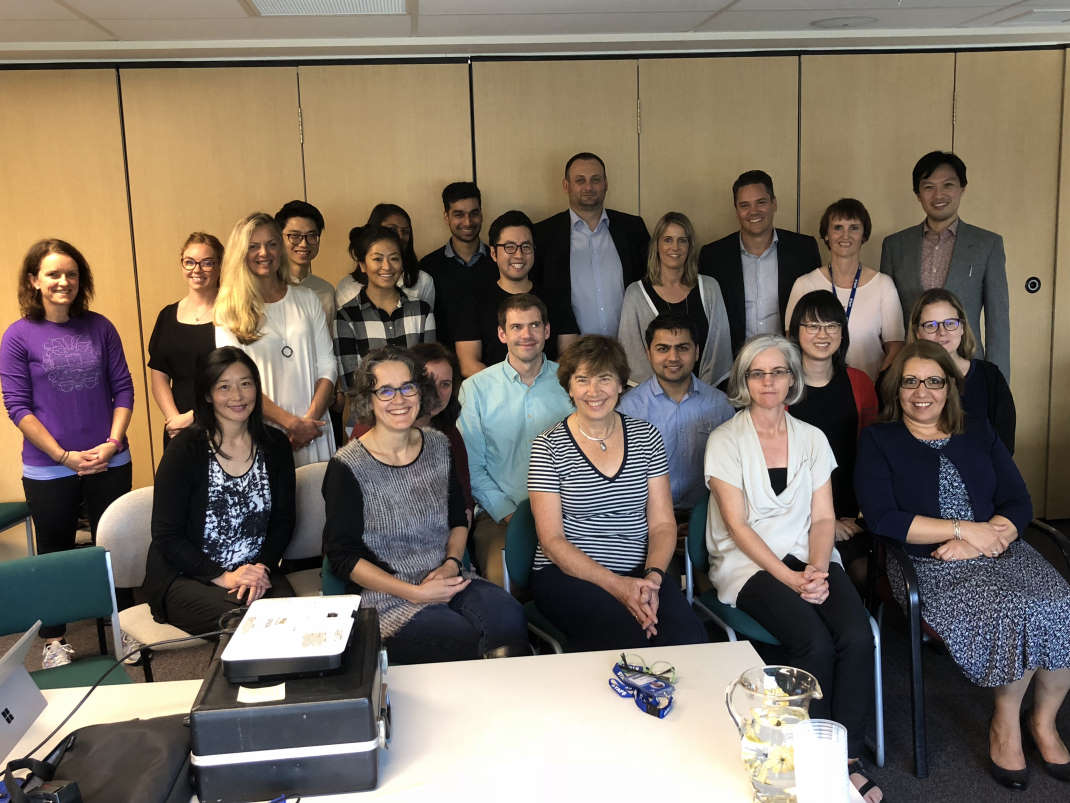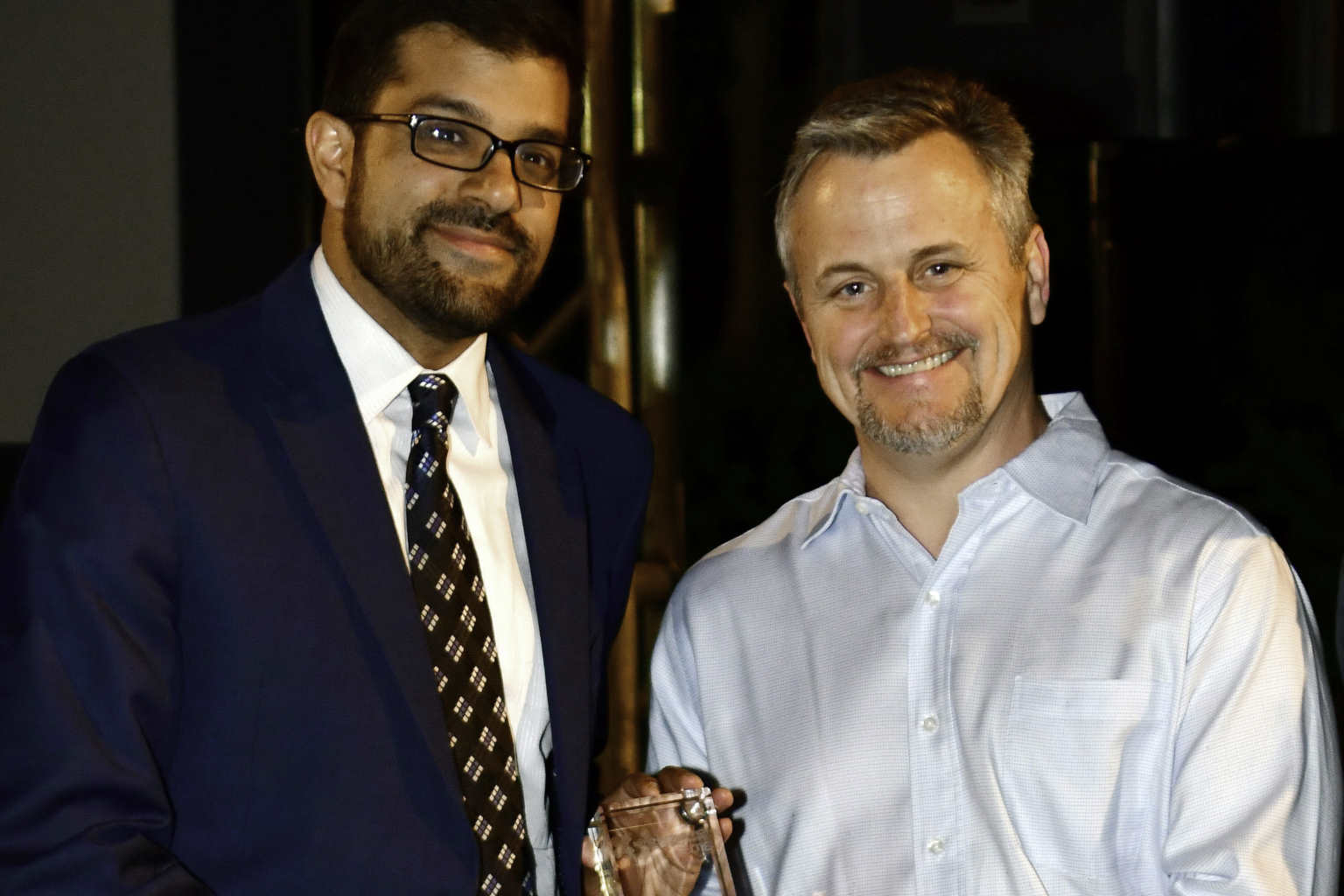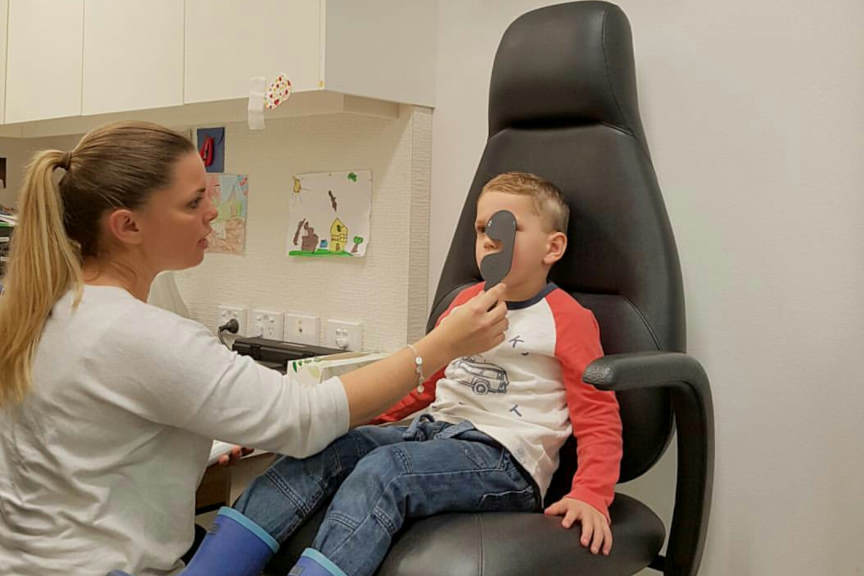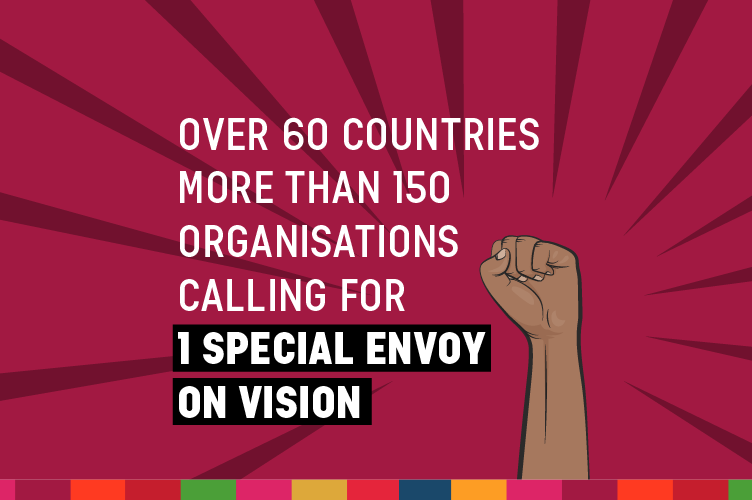RANZCO NZ 2018: From the chair
The role of planning and running an annual meeting is unenviable. The venue has to work for delegates and industry alike, the scientific content has to be worthwhile and people need adequate opportunities to network. There also has to be time to relax and have some fun. And at the end of the day no-one really says, ‘thank you’. Dr Sue Ormonde and Associate Professor Trevor Sherwin achieved all of these things and attracted a sell-out crowd to boot. On behalf of the NZ Branch of RANZCO, I would like to say a great big ‘thank you’ to them.
I’d also like to thank our great guest speakers this year. Professor David Mackey gave us insight into the complex but highly topical world that is genetics. The newly approved Luxturna for RPE65 mutation-associated retinal dystrophy comes at an eye-watering price of US$850 000 (US$425 000 per eye) excluding surgical costs. While this will be out of reach for the majority of patients, the hope is that the price will come down as similar technology is used to treat more common diseases in the future. Professor Lyndell Lim gave practical talks on the diagnosis and management of uveitis. Cataract surgery in these patients is often challenging and correct perioperative management can make all the difference. Professor Brendan Vote spoke on an impressive range of subjects from CRISPR to FLACS to blockchain. But, for me, his most useful talk was on the management of wet-AMD. As increasing patient numbers and health economics cause us to prolong the interval between treatments, the data shows that most of us are under-treating our patients to their detriment. I believe the mark of a good meeting is one that results in improvements in my clinical practice, and that will certainly be the case here.
RANZCO has been actively monitoring the backlog in follow-ups around the country and has engaged with the Ministry of Health to try to find lasting solutions. Most DHBs have made very good progress in the past year, but Counties Manukau has been struggling with large numbers of patients. On the Sunday, following the 2018 conference, a number of us carried out the first of four planned extra clinics at CMDHB. I was very impressed with both the efficiency and friendliness of the CMDHB staff, especially given it was a Sunday and Mother’s Day. We’re not under any illusions that a few extra clinics will solve their problem, but it was a practical way for the College to show support.
Next year’s meeting will again be in Auckland. We look forward to seeing you there.










